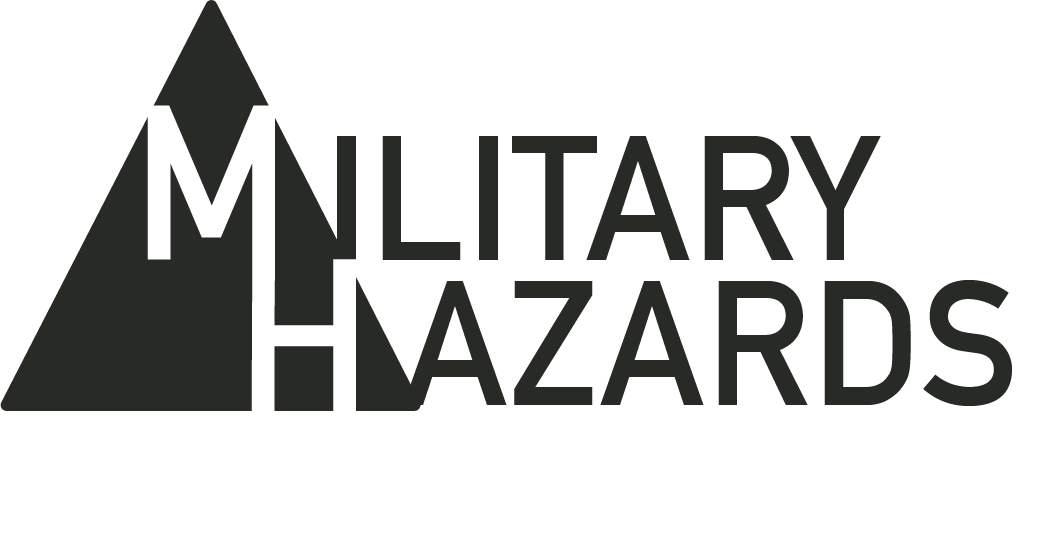Contact Our Legal Partner
"*" indicates required fields

Diesel fuel is a widely used fuel in the military for various purposes, including powering generators, vehicles, and heavy machinery. As a result, maintenance personnel in the military are routinely exposed to diesel fuel as part of their daily work. While diesel fuel exposure is necessary for the performance of their job functions, it also poses significant occupational hazards that can lead to both short-term and long-term health risks.
Short-Term Exposure Risks:
Short-term exposure to diesel fuel can cause a range of health problems for maintenance personnel. Some of the most common short-term health effects include but are not limited to:
- Skin irritation
- Eye irritation
- Headaches
- Respiratory problems
Skin irritation is an all too common problem for those who work with diesel fuel because of its high probability of causing dermatitis (skin inflammation that can cause itching, redness, and swelling). Eye irritation can also occur due to direct exposure to diesel fuel, causing burning or itching sensations, redness, and swelling. Inhalation of diesel fumes may also lead to respiratory problems such as coughing, wheezing, shortness of breath and even asthma. Additionally, exposure to diesel fumes can cause headaches, nausea, and dizziness.
Long-Term Exposure Risks:
Long-term exposure to diesel fuel, however, can have more severe and lasting health impacts for maintenance personnel. The primary health concerns for those who work with diesel fuel are:
- Cancer
- Respiratory disorders
- Hyperplasia
Indeed, studies have shown that long-term exposure to diesel fumes can increase the risk of developing lung cancer, bladder cancer, and other types of cancer. Diesel fumes can also cause chronic obstructive pulmonary disease (COPD), asthma, and other dangerous respiratory disorders.
The dangers of diesel fuel exposure are compounded by the fact that diesel fuel contains chemicals such as benzene and other carcinogens that have been widely recognized as toxic and can accumulate in the body over time. Exposure to these chemicals can cause damage to the liver, kidneys, and other vital organs. Over time, this damage can lead to chronic health problems and even death.
Preventing Exposure Risks:
To prevent exposure risks, it is important to follow strict safety protocols and guidelines when handling and working with diesel fuel. Personal protective equipment (PPE) such as gloves, eye protection, and respirators should certainly be used when handling diesel fuel to prevent skin and eye contact and inhalation of fumes. Additionally, training and other education programs that focus on safe handling procedures and emergency response criteria should be implemented to mitigate the risk of exposure.

In the end, the occupational hazards associated with exposure to diesel fuel by maintenance personnel in the military can be quite severe. As was mentioned above, short-term exposure risks include skin irritation, eye irritation, respiratory problems, and headaches. Long-term exposure risks include cancer as well as other respiratory disorders. It is critical to implement and follow a strict safety process when handling and working with diesel fuel to prevent the risk of exposure. What’s more, training programs that focus on safety and emergency responses must be implemented and followed to reduce these risks. By taking these precautions, military employees can minimize the risks associated with working with diesel fuel and ensure their health and safety.
